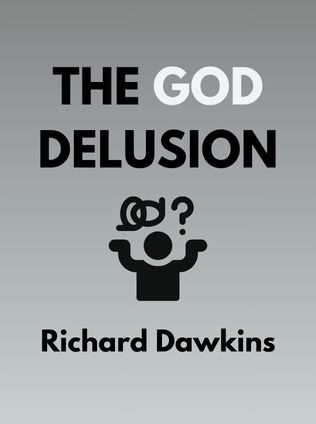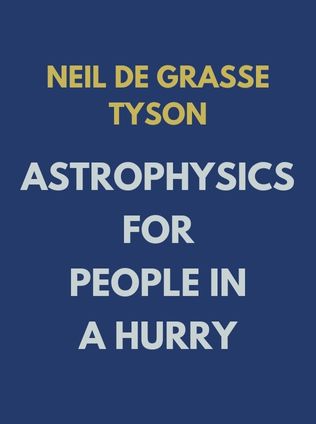
About the Author
Richard Dawkins, an eminent biologist and an influential voice in the modern atheist movement, is the author of the groundbreaking book, The God Delusion. Born in Kenya and educated at Oxford University, Dawkins has dedicated his life to the study of evolution and the natural world. His early work, particularly The Selfish Gene, revolutionized the understanding of genetics and natural selection, introducing the concept of the "meme" as a cultural counterpart to the gene.
As a staunch advocate for science and reason, Dawkins has been a vocal critic of religion, arguing that it is not only unnecessary but also detrimental to society. His approach to atheism is rooted in a deep respect for evidence-based knowledge and a desire to promote a more rational worldview. Throughout his career, Dawkins has been known for his eloquence, clarity, and unyielding commitment to truth, making him one of the most influential thinkers of our time.
Main Idea
The God Delusion is a powerful critique of religion, particularly theistic belief systems that posit the existence of a personal God. Dawkins argues that not only is the belief in God unsupported by evidence, but it also poses a threat to human progress and morality. The central thesis of the book is that religion, far from being a force for good, has historically been a source of division, intolerance, and violence. Dawkins calls for a rejection of religious belief in favor of a worldview grounded in science, reason, and empirical evidence.
Table of Contents
- The God Hypothesis
- Arguments That Challenge the God Hypothesis
- The Origins of Religion
- Religion and Morality
- The Fostering of Religious Hatred
- The Role of Religion
- The Case for Science
The God Hypothesis
In the first chapter, Dawkins introduces the concept of the "God Hypothesis," which he defines as the belief in a supernatural creator who is responsible for the creation and maintenance of the universe. He argues that this hypothesis is not only unnecessary but also highly improbable. Drawing comparisons to other unfounded beliefs, such as the Tooth Fairy, Dawkins suggests that the God Hypothesis should be treated with the same level of skepticism.
Dawkins emphasizes that the existence of God is a scientific hypothesis, subject to the same scrutiny and evidence-based evaluation as any other hypothesis. However, he notes that theists often exempt their beliefs from such scrutiny, demanding a special status for religious claims. This, Dawkins argues, is intellectually dishonest and hinders the advancement of knowledge.
Who Created the Creator?
One of the central arguments against the God Hypothesis is the question of "Who created the creator?" Dawkins points out that theists often posit God as the ultimate explanation for the existence of the universe. However, this explanation raises more questions than it answers. If everything must have a cause, then what caused God? This leads to an infinite regress, which undermines the theistic argument.
Dawkins argues that invoking God as the ultimate cause is an example of a "skyhook"—an unfounded explanation that does not contribute to our understanding of the natural world. Instead, he advocates for the use of "cranes," or naturalistic explanations that build upon existing knowledge without resorting to supernatural entities.
"If all things can be said to have their root cause in an intelligent God, then one must raise the obvious question—what is the root cause of God?" - Richard Dawkins
The Unreliability of the Bible
Another key argument against the God Hypothesis is the unreliability of religious texts, particularly the Bible. Dawkins critiques the Bible as a historical document, pointing out numerous inconsistencies and contradictions within its pages. He argues that the Bible cannot be trusted as an accurate account of historical events, let alone as evidence for the existence of God.
For example, Dawkins highlights the conflicting accounts of Jesus' birth in the Gospels of Matthew and Luke, which cannot be reconciled with one another. This, he argues, undermines the credibility of the Bible as a source of divine revelation.
Sign up for FREE and get access to 1,400+ books summaries.
You May Also Like
Heaven Is For Real
A Little Boy's Astounding Story of His Trip to Heaven and Back
By Todd BurpoFactfulness
Ten Reasons We're Wrong About the World – and Why Things Are Better Than You Think
By Hans Rosling



















